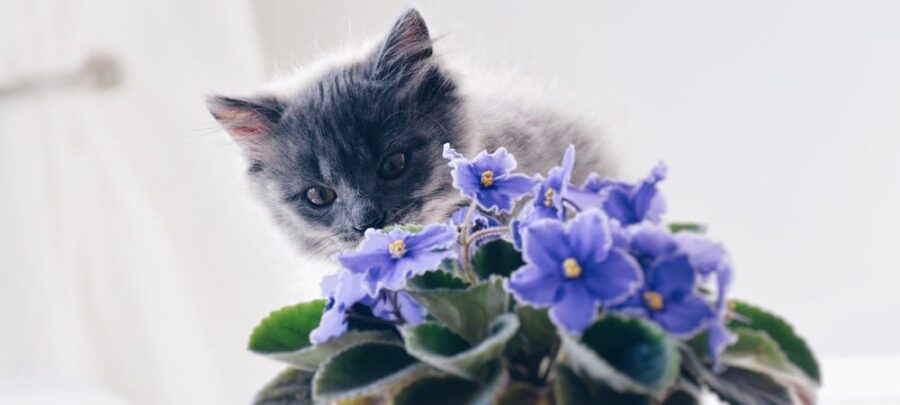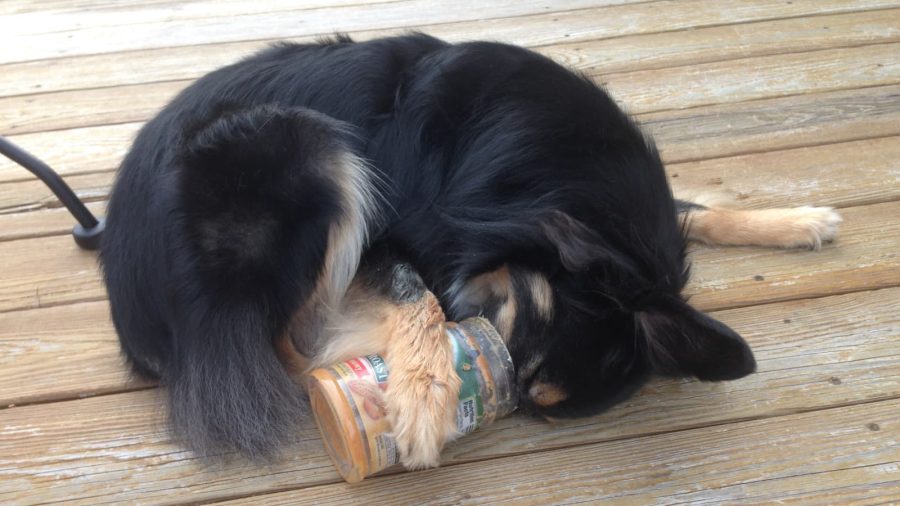Cats enjoy outdoor exploration; if you have a garden, your feline buddy will probably be rather curious there. But many common garden plants and flowers, if consumed or even touched, provide major health hazards to cats. Maintaining a lovely and healthy outdoor environment while yet keeping your pet safe depends on knowing which flowers to avoid in your garden. Knowing what flowers are poisonous to cats is crucial for keeping them safe from accidental poisoning.
Why Should Cats Avoid Flowers?
Naturally curious animals, cats regularly investigate their environment by sniffing, licking, or chewing on vegetation. Many flowers unfortunately contain naturally occurring poisons that are quite dangerous for cats. These poisons can produce a variety of symptoms, including vomiting, diarrhea, lethargy, convulsions, and in severe cases organ failure even in minute levels. Cats lack some enzymes required to break down these toxins, hence they are especially sensitive unlike some other animals.

Flowers You Should Not Grow in Your Garden
Remarkably often found in many residential gardens, some of the most harmful flowers to cats are One of the most poisonous plants, lilies present a fatal threat from the petals to the pollen in every aspect of the plant. Cats may react strongly even just brushing against a flower. Other dangerous flowers are oleander, tulips, daffodils, foxglove. From slight stomach trouble to major heart and renal issues, these plants can aggravate any condition. Steer clear of include these species in your landscape or make sure they are in places your cat cannot reach.
Cat-Safe Substitutes for a Garden Friendly Pet
Fortunately, your yard can feature many lovely, non-toxic flowers that are safe for cats. Your feline friend is not threatened by any of the beautiful, vivid blooms Petunia, marigold, snapdragon, or zinnia. Herbs like catnip and mint can also be grown for not only cat-safe delight but also help some of the more poisonous species naturally be repelled.
Advice on Keeping a Safe Outside Environment for Cats
Making a cat-safe landscape calls for more than simply avoiding poisonous plants. Another key is making sure your garden is free of dangerous chemicals as herbicides and insecticides. Cats can become poisoned quickly from coming into touch with these drugs. Fencing or barriers can also help restrict your cat’s access to hazardous plants in nearby yards or wild spaces.
Many people search online to find out what flowers are poisonous to cats before bringing plants indoors.


